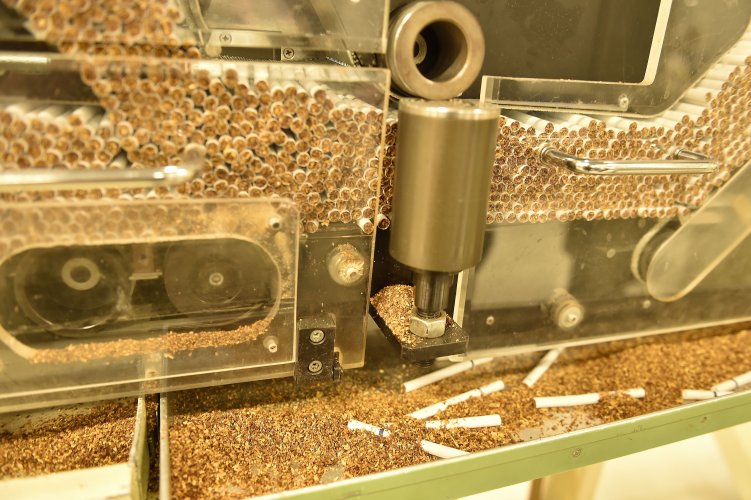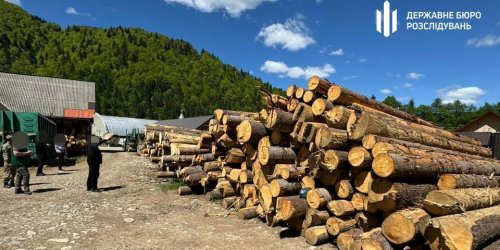The British American Tobacco Ukraine company has invested about UAH 80 million in recent years in improving the energy efficiency and environmental friendliness of its enterprise.
Forbes Ukraine writes about it.
BAT international company works in the tobacco industry. Thanks to the aforementioned investments, she was able to reduce electricity consumption by 17%, gas consumption by 25%, and water consumption by 30%.
Yuriy Rylach, head of the corporate and regulatory affairs department at BAT Ukraine, says that the company is currently working on a project to install solar batteries.
The enterprise's activities in the field of environmental protection and reducing the impact of production on the environment consist of three directions:
- waste management;
- energy efficiency;
- increasing environmental awareness of employees.
The company says that as of today, almost 98% of the production waste of the Prylutsk tobacco factory is sorted and sent for reprocessing, and this figure is growing every year. Specialists of "BAT Ukraine" claim that the Ukrainian enterprise occupies one of the leading places among the production units of the Group in the region of Eastern Europe, the Middle East and Africa, in terms of the utilization of production waste.
The company also talked about the programs implemented by the factory's energy management team:
- installation of new energy-efficient equipment in the energy center;
- installation of a system of daily control over the use of compressed air and vacuum on the entire fleet of production equipment;
- reuse of water and condensate in the energy center;
- optimal use of heating and air conditioning systems in production and office premises;
- use of an energy-saving lighting system with motion sensors in the premises;
- installation of sensor water taps;
- complex repairs of pipelines to avoid water leaks;
- communication campaigns to involve all employees in the wise use of natural resources.
The other day, EcoPolitic talked about the Ukrainian cement producer – the CEMARK company – which lowered CO2 emissions to 578 kg per ton of products and increased the use of alternative fuels to 19.4%.





